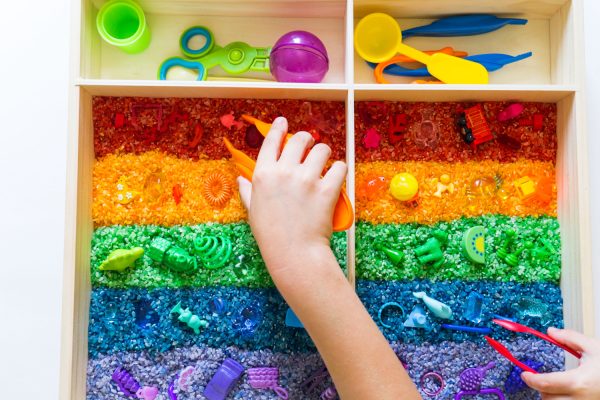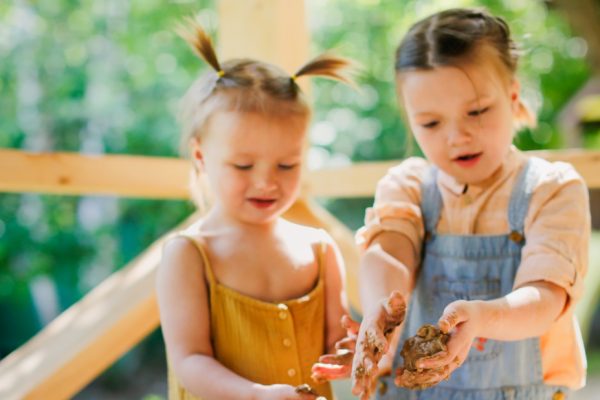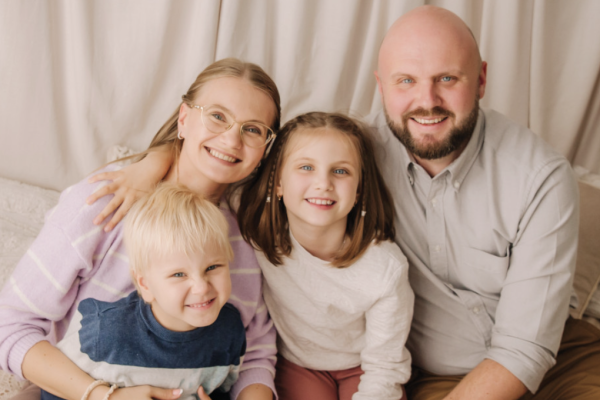
How does a meltdown feel to an 11-year-old?
Tom Kemp puts it into words.
I am mentally blind at the time,” says Tom Kemp of his meltdowns.
“My brain just kind of explodes and I get so angry.
“I start to shake, very slightly, only I can notice it, and my heart is beating a million miles an hour.
“I try to keep my voice at the right level and not shout.”
But then it all comes flying out.
“I say things I don’t mean and I wish that I could take back what I’ve said and done,” he says.
Afterwards, comes the self-loathing, despair and remorse.
“I know what I’ve done and I feel horrible about myself afterwards, I hate myself, but when they’re happening, I can’t control them,” he says.
A sweet and sensitive boy, Tom was diagnosed as autistic, with ADHD and anxiety at age 4. Despite being medicated, he suffers bouts of aggression and rage and has damaged property and had numerous school suspensions.
“I used to struggle a lot with loud noises, but now it’s not as bad,” he explains.
“I think I hear more noises than other people. There’s so many noises going on that other people don’t seem to notice.
“But it becomes like a big fight in my head, with all those noises competing against each other. I just want to tell people to be quiet.
“I want to get out of my own head… get out of my brain. And that’s when a meltdown happens.”
There are emotional triggers too, such as feeling like he’s being picked on, or unfairly targeted by both kids and adults.
“People don’t understand me, they don’t joke the same way with me that they do with others, if I do something, I’m in trouble straight away. Other kids get away with a lot more than I do,” he says.
“He’s so used to being in trouble,” mum Katherine adds. “It really affects his self-esteem, which is so hard to see as a parent.
“I think he does get treated differently to other kids, he gets in trouble far more easily and of course that makes him angry – no one likes being treated that way.”
For Katherine, it’s gut wrenching to see her caring and beautiful boy almost unrecognisable in these moments.
“He is a genuinely sweet kid, and I wish there was more I could do to help during meltdowns. The most important thing is to make sure he is safe. He does respond to me, if I remain very calm and tell him I love him and that he is not in trouble. It can be tough though, as I am often also trying to deal with his younger brother who is experiencing these difficult moments as well.”
For Katherine, with every meltdown comes growth.
“Tom is at an age now where I can talk to him about it and we do, after the fact, we talk about what I could have done differently in my response to him, therefore changing the escalation of his emotions and the outcome,” she says. Katherine says her experience is not unique – and parents of all children with disability just adapt.
“We’re all thrust into this and none of us has any knowledge when we start out, but we learn. Although it has been a challenge to parent this kind of disability, it is also a gift for our family. My husband Brad and I have had to grow, learn, change, and search to be better parents to both our boys, therefore making us more involved, aware parents.
“Our approach to parenting now is certainly very different to what it was before. “I think I’ve learnt to parent him a lot better. I am more attuned to him now than I was before. It’s about understanding how it is for him and listening to him and what he needs.”







